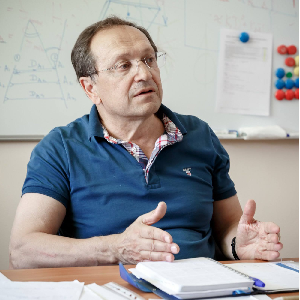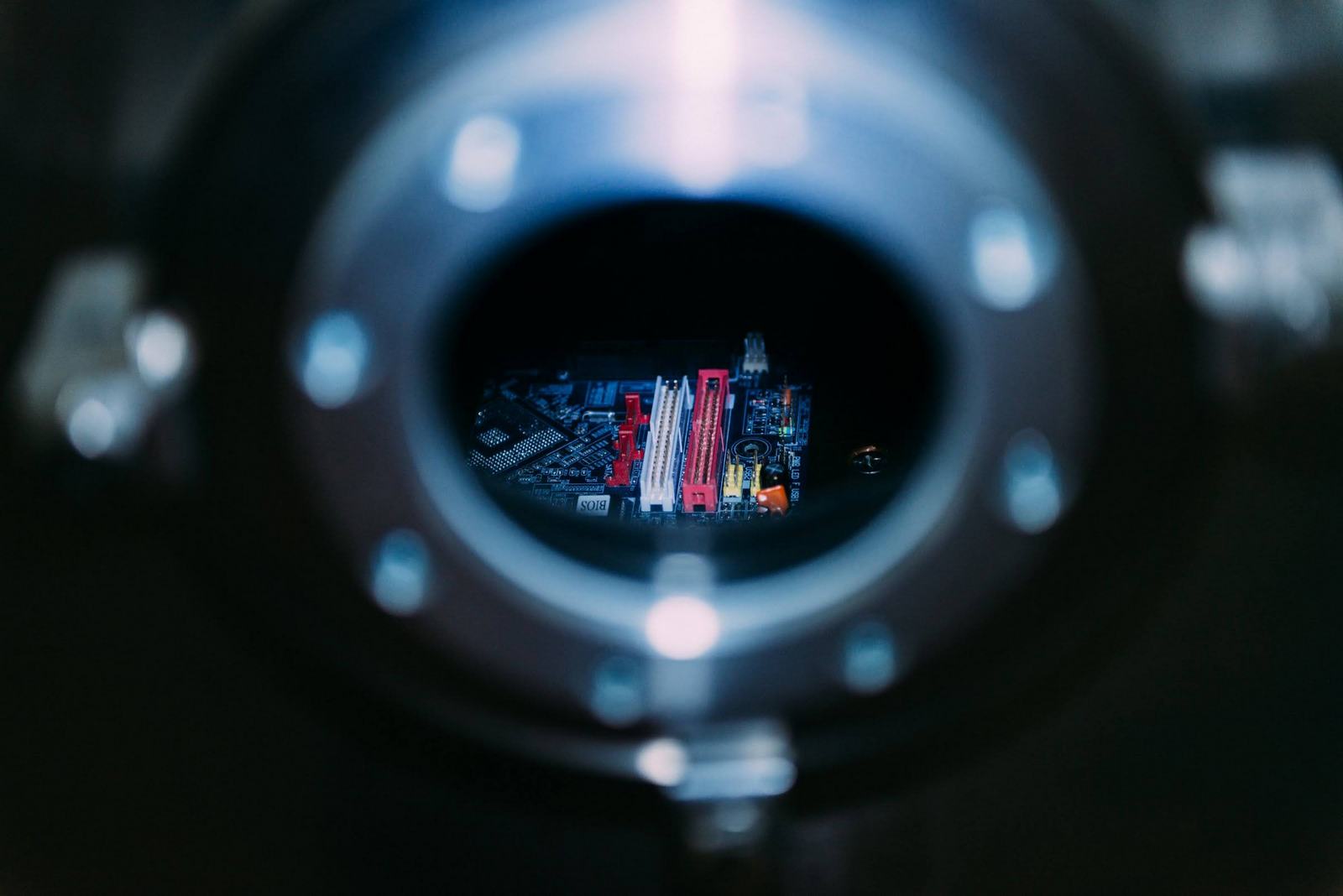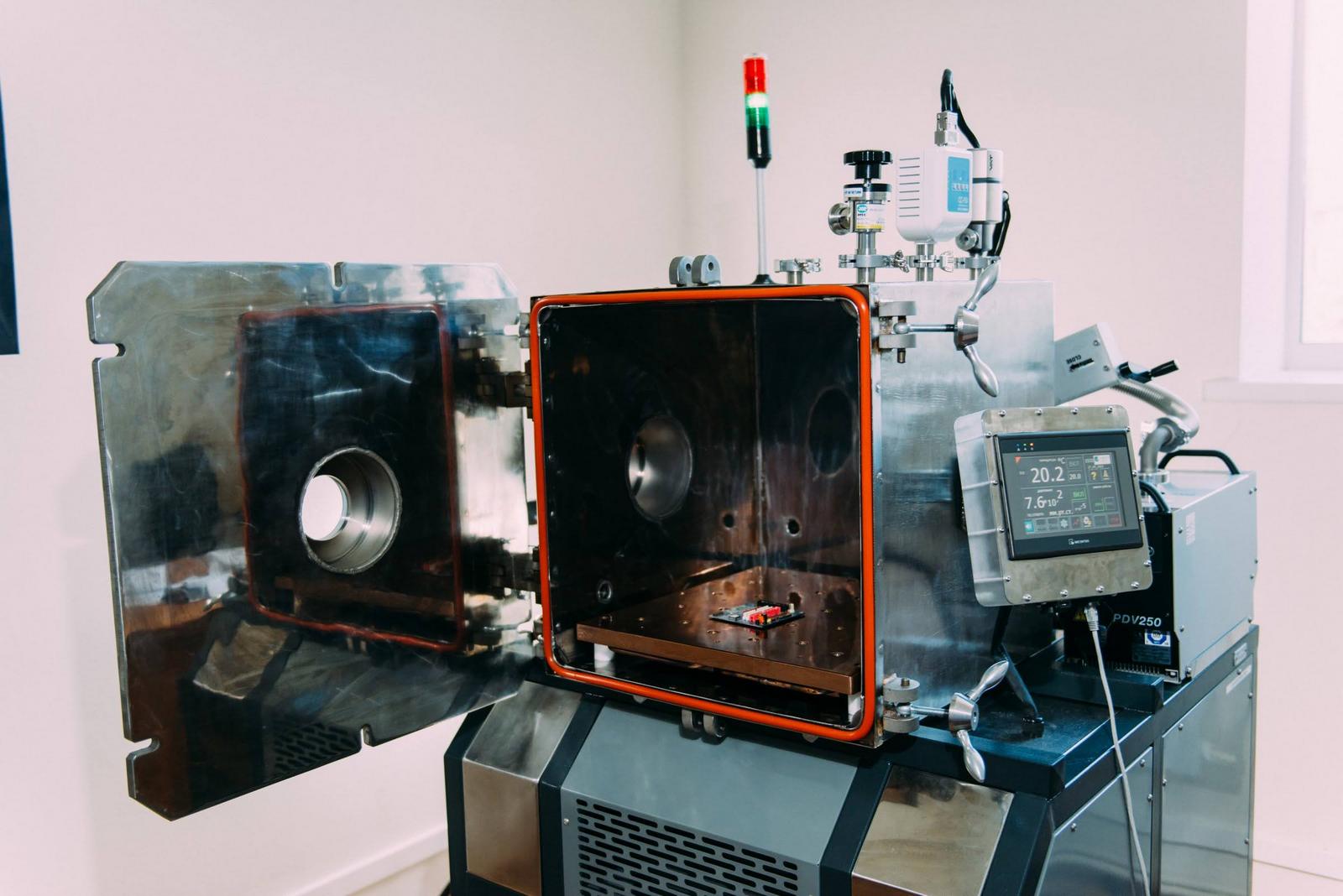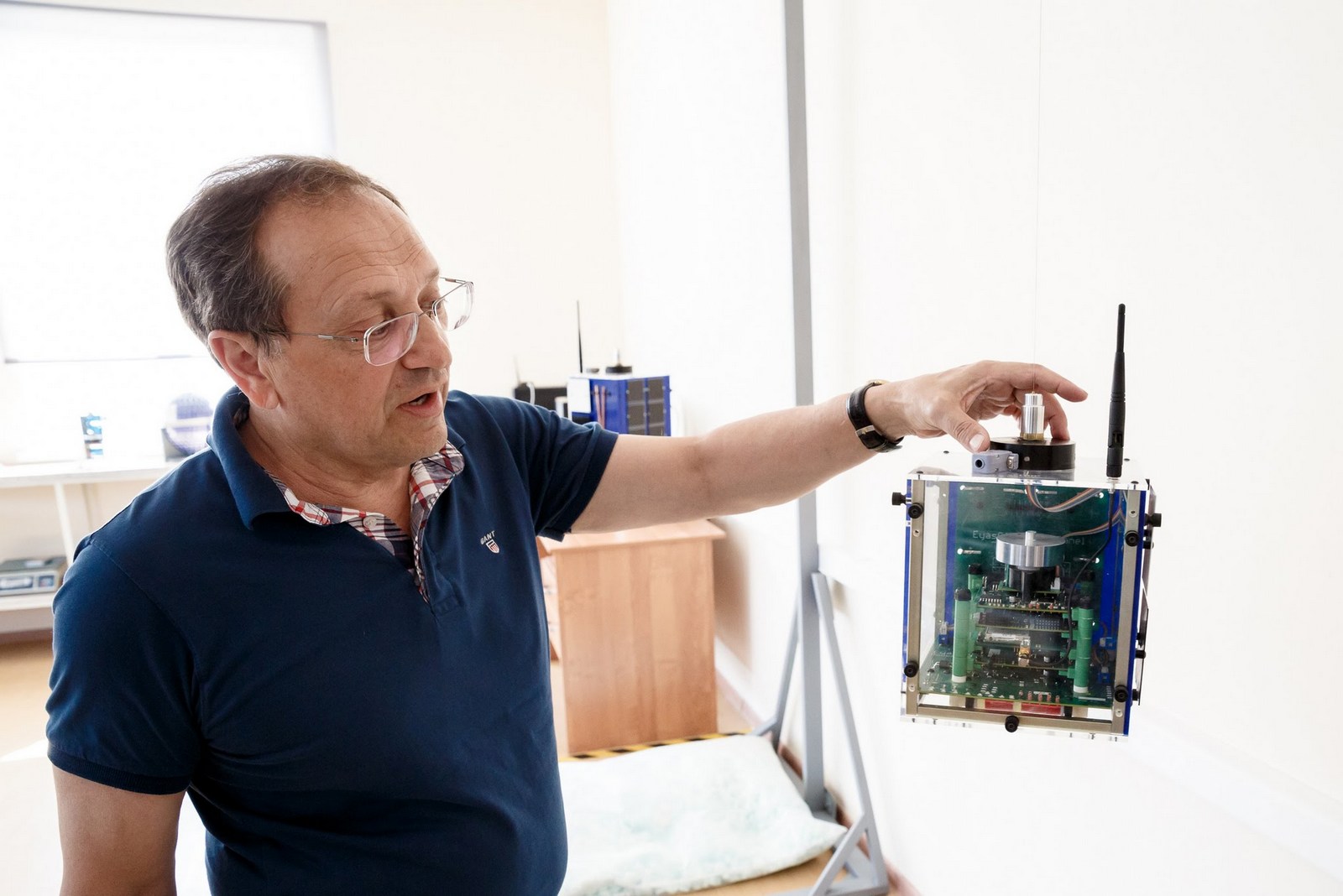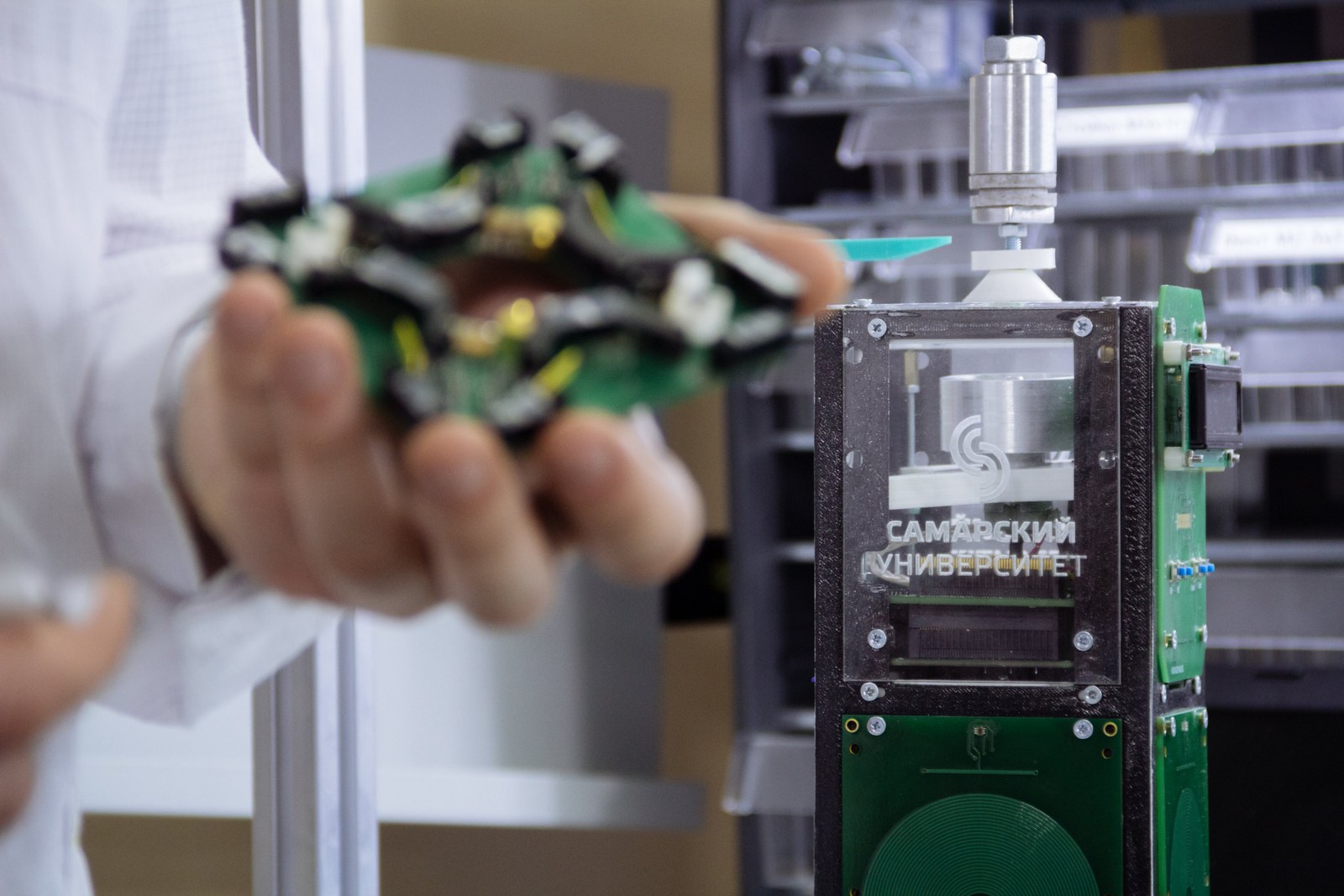A research laboratory for space research has been created at Samara University, in which it is planned to create new methods and develop scientific and technical foundations for staging and conducting space experiments in the field of monitoring the state of near-Earth space, as well as monitoring solar activity and solar-terrestrial connections based on new classes small-sized scientific instruments placed on small and ultra-small spacecraft (nanosatellites).
The laboratory "Advanced fundamental and applied space research based on nanosatellites" (abbreviated as R&D "Space Research") was launched in Samara as part of a joint scientific project by scientists from Samara University and the Lebedev Physical Institute of the Russian Academy of Sciences (FIAN). The project won the competition organized by the Ministry of Science and Higher Education of the Russian Federation, a grant is allocated for its implementation for a period of four years with a total amount of financial resources of more than 130 million rubles.
An order to create a laboratory has been signed, and organizational work is underway to form a research team, which is based on teachers, researchers, graduate students of the interuniversity department of space research. The scientific director of the research laboratory is the chief scientific associate of the Laboratory of X-ray astronomy of the Sun of the Lebedev Physical Institute Sergey Bogachev, professor Igor Belokonov was appointed Head of the research laboratory, currently the head of the interuniversity department of space research at Samara University. It is planned that more than 30 scientists will work in the laboratory, including those from the Samara branch of the Lebedev Physical Institute and the Ulyanovsk State University. In addition, students studying at the Department of Space Research at master's and undergraduate programs will be actively involved in the work.
“We will conduct research both in the field of basic sciences and in the engineering sphere. The work will be aimed at creating methods and means for studying near-Earth space and solar-terrestrial communications using nanoclass spacecrafts. In addition to the research on the Sun, we will also study geophysical fields and this is the Earth magnetic field and the ionosphere. It is planned to create prototypes of two scientific nanosatellites - the first at the end of 2021, the second in 2023, "said Igor Belokonov.
As the professor emphasized, studies of the Sun are of great importance and relevance. Solar activity has a huge impact on many processes taking place on our planet. Sun flares lead to magnetic storms on Earth, which affect both people and equipment.
“Why study the Sun? We live in its field, so the sun is the main source of research for us. Much is still unclear - why, for example, the surface of the sun has a relatively low temperature, and the solar plasma has a high temperature. But the most important thing is probably the effect of the sun on our life on Earth: solar activity, the dynamics of the formation of the solar corona - information about this helps to secure the operation of vital systems for humans, be it navigation, any kind of communication, the functioning of complex objects, such as nuclear power plants. Russian scientists are working within the framework of sharply limited possibilities for conducting scientific research in near-Earth space, a partial expansion of which is possible using low-budget, small-sized spacecraft," Belokonov said.
The composition of future scientific equipment and what experiments will be carried out in space is still under discussion. It is known that the first spacecraft will be made in the “triple cubesat” format and will be aimed at developing key technologies and approaches to conducting complex space experiments.
In addition, according to Belokonov, it is planned to install on the first device a navigation, control and communication complex (CSCS) designed for nanosatellites at the interuniversity department of space research at Samara University under the grant of the Russian Science Foundation under the supervision of associate professor Andrei Kramlich. “We would like to use the complex on this nanosatellite to increase the survivability of the apparatus,” Belokonov emphasized. As previously reported, KUNS will be able to make independent decisions in various emergency situations in space based on the algorithms embedded in it and help nanosatellite systems overcome the symptoms of "aging" of electronic components that are degraded by radiation and other factors of space flight.
The Interuniversity Department of Space Research of Samara University has many years of experience in creating nanosatellites and conducting experiments in space. In addition, it has a unique testing and production base that allows us to implement the full life cycle of nanoclass spacecrafts. It is symbolic that the creation of a new laboratory, marking an important stage in the further development of the scientific team, coincided with the tenth anniversary of the department, founded in 2010.
